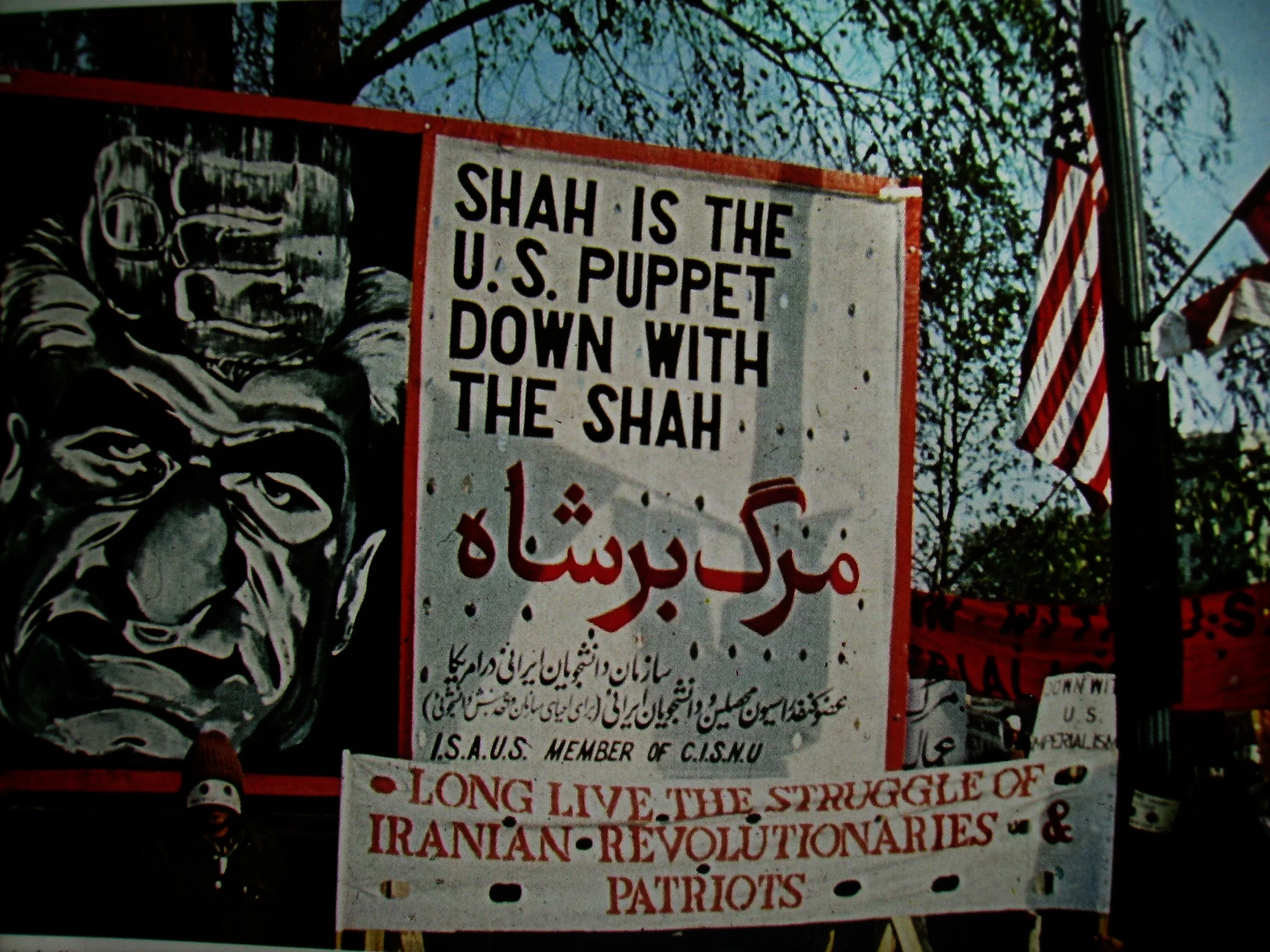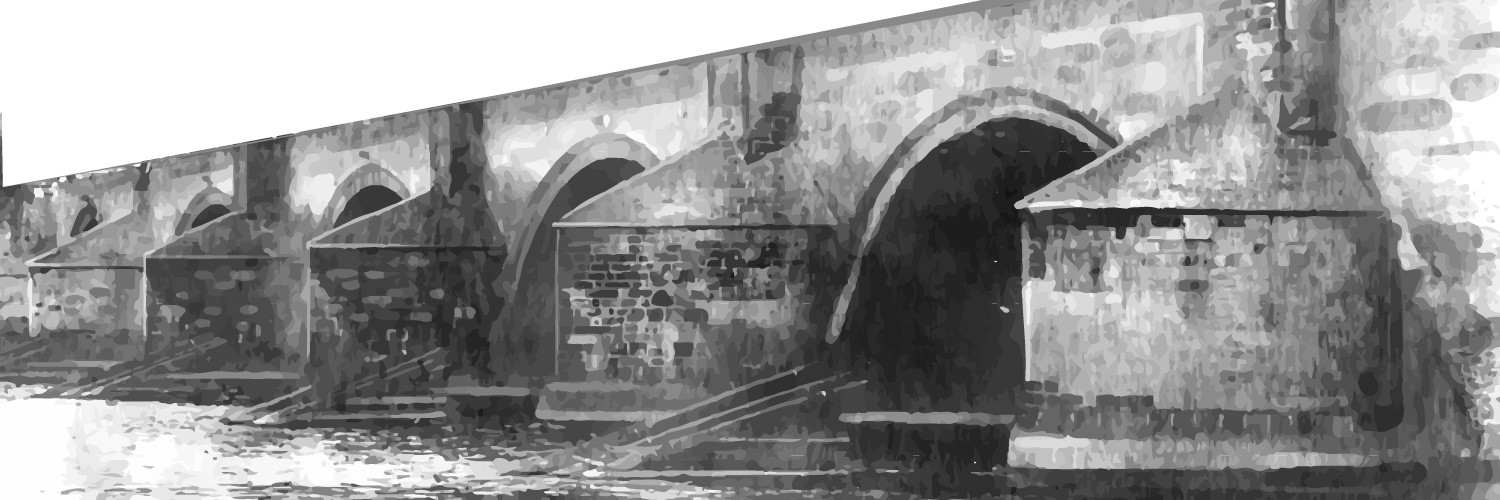Thwarting this network of groups, “Most of which are local, some of which are regional, and some which are global, was going to entail a very long contest. How long? How much longer than it had already run?" Wisely the general did not hazard a guess. No one had a clue.
The Invisible Agent: How Ebola Teaches Us to Defend Against the Smallest Deadly Weapons
Biowarfare is among the many infectious threats to human well-being. In modern times, infections kill about 20% of the world’s population annually. But despite advancing diagnostics and treatments we remain vulnerable. The Ebola outbreak (2013–2015) killed more than 11,000 people, infected almost 30,000, cost several billions of dollars, and exposed ambiguity of authority, assigned roles and accountability as public, private, and non-profit bodies gathered to end a chaotic humanitarian tragedy. Though eventually successful, the global outbreak response was disorderly. The questions before us now are these: How could the Ebola response help us examine our bioterrorism readiness? What were the big lessons? How might we apply these findings to improve our military preparedness exercises?
#Monday Musings: Steven Kwast
Reflections on Persuasive #Leadership: Leading When You're Not In Charge
The ability to persuade others is paramount to success at every level. Effective persuasive leadership can turn ideas into approved contingency plans, doctrine, concepts, or programs of record. Convincing others of the importance of a project or plan to gain their support and effort can be the difference between success and failure.
Jolting the System: Organizational Psychology and the Iraq Surge
Regardless of the criticism of Petraeus’ impact on the surge and the Army’s culture, the lessons of his actions as a change leader before and during the surge in Iraq serve as archetype for military leaders to study...Change leadership requires clear vision setting, adroit communication skills, generating energy, achieving organizational alignment, and other requisite leader competencies. This skill set applies at both the strategic general officer level and the tactical platoon leader level.
The Best Club in the History of the World: #Reviewing The World According to Star Wars
Even if Star Wars objectively is not-so-great as a film series, its enduring themes found in thousands of years of narratives tap into something universal that manages to overcome any creative or other shortcomings. “There’s a deep human desire for common knowledge and common experiences,” he writes. And the hero’s journey is one nearly everyone can relate to. His book also explores human behavior, covering how people succeed, decision-making (freedom to choose, he highlights, is a key Star Wars value), and father-son dynamics. At a high-level, it might be said that Sunstein wrote a book about relationships—how each generation creates ways to connect to the next, how children redeem their parents, and how law develops over time.
A Captain, a Captain, My Nation for a Great Captain
Synonymous with Clausewitz’s military genius, a great captain is that rare leader who stands out as a military mastermind of their time. Arguably, the United States has developed only a few great captains since Matthew Ridgway saved Korea in 1951. It is not that the nation lacks these leaders; rather, the military fails to identify and develop leaders with the virtues great captains possess. The U.S. military can and must do better to attain strategic results in the future. There are junior officers in formations today who need to become the great captains the nation needs in 2040.
#Monday Musings: Ryan Evans
A Case for Martian Independence
Reflections on #Leadership: Miyagi and Millennials
In the original Karate Kid film, the “kid,” Daniel LaRusso, learns martial arts from one of the most memorable characters in film, Mr. Miyagi. The diminutive sensei’s non-traditional teaching methods complement his quiet, unassuming, and non-confrontational style. As Miyagi steadfastly persists with unusual and demanding training methods, he is clearly emotionally invested in his young pupil. Miyagi listens to Daniel’s concerns as he adjusts and grows as a result of their relationship.
Wargaming in Professional Military Education: A Student's Perspective
Wargaming has a perfect home in military education, where officers blend their operational experiences with new methods and fresh approaches. Wargames can provide budding leaders with venues to practice decision-making, support innovation as part of a greater cycle of research, and ultimately encourage initiative and adaptability. Games cannot address all problems and must be tailored to fit the problems under examination. However, gaming has helped past military leaders prepare for daunting threats in future, uncertain environments. This tool may serve Americans well again ahead of the next conflict.
#Reviewing Practise to Deceive
Barton Whaley’s Practise to Deceive, a posthumously published work, is not a manual on how to conduct military deception, nor is it a “do-it-yourself” guide for deception planners. It is, however, a valuable resource that will aid the deception planner through discussion and analysis of 88 case studies.
The President’s Hiroshima Strategy: Has the Pivot Begun?
In essence, the Hiroshima site visit had little to do directly with the South China Sea, an Asia Pivot, or multilateral deals with China. As Press Secretary Josh Earnest said of the trip a week earlier, it was going to be about “sending a signal of his ambition for realizing the goal of a planet without nuclear weapons.” So, while Asian leaders were watching, Obama’s message was far more global. As the only nation on Earth to have utilized nuclear weapons in war, America’s leader was willing to stand in the only nation on Earth to have been on the receiving end of a nuclear weapon and declare that they should never again be used for conflict.
#Monday Musings: Ryan Kranc
Unending Military Engagement: The Price of American Hegemony
The 1991 Persian Gulf War offers a recent, and often misunderstood, example of how a decisive victory resulted not in peaceful disengagement, but rather an ongoing commitment of manageable intensity...Similar to British maintenance of maritime commercial lanes at the height of its imperial influence, America’s subsequent projection of modest ground, naval, and aerial forces throughout the region, and in northern and southern Iraq in particular, throughout the 1990s represent an underappreciated, but largely cost-effective, application of national resources to preserve acceptable levels of economic and political stability.
Where Youth and Laughter Go: An Interview with Seth Folsom
[Where Youth and Laughter Go] is worth revisiting. America faces weighty decisions in the years ahead, and Folsom’s experience is instructive. There are limits to what can be done. If you debated the strategy of the surge, or if you believe it didn’t last long enough, or if you believe we ought to go back again, you should read this book.
C.O.D.E. Development: A Vision for Cyber Leaders
Maneuvering through cyberspace in support of strategic objectives and Unified Land Operations requires cyber leaders to develop into “agile and adaptive leaders who are flexible, critically reflective, and comfortable with ambiguity and uncertainty.” The Army’s Cyber Branch must prepare leaders to improve competence in their technical requirements, remain operationally focused, seek lifelong development, and possess an entrepreneurial mindset through the application of learner-centric, adult learning models in the classroom to meet the needs of the Army as it defends the nation.
#Monday Musings: Mark Jacobsen
Reflections on #Leadership: Leaving Your Ego at the Door
Egos bent on personal advancement, personal glory, and individual betterment are not what we need as we delve deeper into the growing complexities of the 21st century. Take some time to do a self-assessment and decide what lies in your ego. Can you leave it behind as a leader? It is something we all need to train for, and most importantly, something our troopers and nation deserve.
#Essays on War: Warrior Ethos
Once, in India, after years on campaign, Alexander’s men threatened to mutiny. They were worn out and wanted to go home. Alexander called an assembly. When the army had gathered, the young king stepped forth and stripped naked. “These scars on my body,” Alexander declared, “were got for you, my brothers. Every wound, as you see, is in the front. Let that man stand forth from your ranks who has bled more than I, or endured more than I for your sake. Show him to me, and I will yield to your weariness and go home.” Not a man came forward. Instead, a great cheer arose from the army. The men begged their king to forgive them for their want of spirit and pleaded with him only to lead them forward.





















